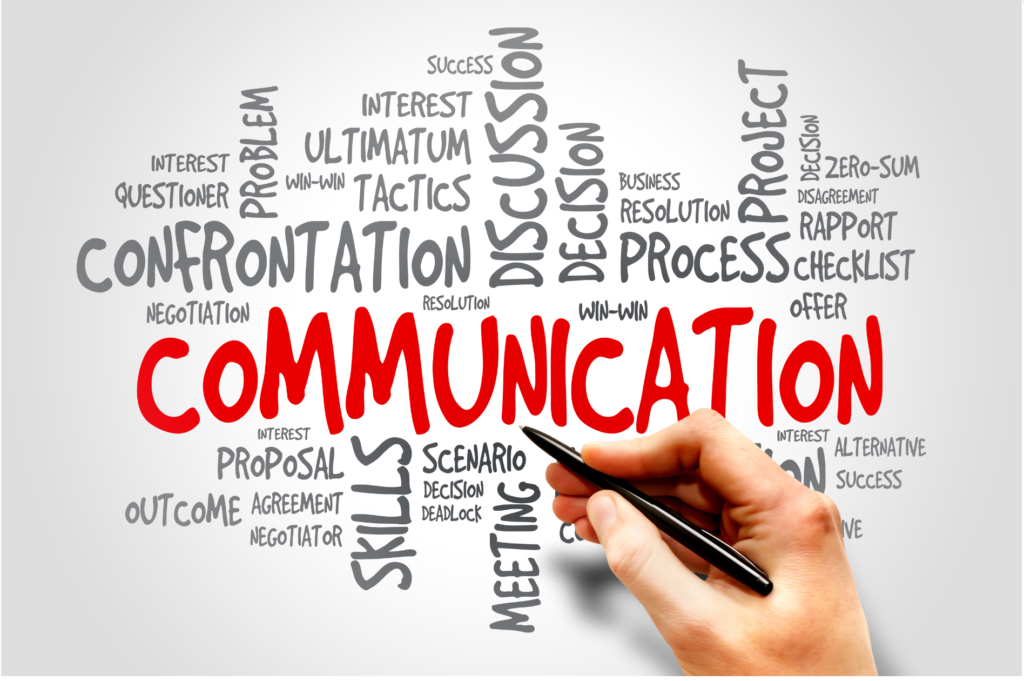How Can Students Balance Academics and Mental well-being ?

Many students place a high focus on academic performance, but this shouldn’t come at the expense of their emotional health. High expectations, deadline pressure, and exam stress can all have an adverse effect on a student’s mental health. Finding a balance between academic goals and taking care of one’s mental health is therefore essential. This article looks at practises and ideas that can help students prioritise their mental health while managing their academic obligations successfully.
- Recognize the Importance of Mental Well-Being: Students often overlook their mental well-being in the pursuit of academic excellence. However, maintaining good mental health is essential for overall success and happiness. Recognize that taking care of your mental health is not a sign of weakness but a vital aspect of personal growth and academic achievement.
- Prioritize Self-Care: Engage in self-care activities that promote relaxation and rejuvenation. Set aside time for hobbies, exercise, socializing, and pursuing other interests outside of academics. Taking breaks and allowing yourself to recharge will enhance your focus, productivity, and overall well-being.
- Develop Effective Time Management Skills: Create a structured schedule that balances academic commitments with leisure time and self-care. Prioritize tasks, set realistic goals, and allocate dedicated time for studying, assignments, and extracurricular activities. Efficient time management will reduce stress levels and prevent academic overwhelm.
- Seek Support: Do not hesitate to reach out for support when needed. Talk to friends, family, or trusted mentors about your academic and emotional challenges. Many schools offer counseling services or student support programs that can provide guidance and assistance. Sharing your concerns can alleviate stress and help you gain a fresh perspective.
- Practice Stress Management Techniques: Implement stress management techniques such as deep breathing exercises, mindfulness, meditation, or yoga. These practices can help reduce anxiety, increase focus, and promote overall mental well-being. Find techniques that resonate with you and incorporate them into your daily routine.
- Set Realistic Expectations: Avoid putting excessive pressure on yourself to achieve perfection. Set realistic expectations and understand that occasional setbacks are normal. Embrace a growth mindset and view challenges as opportunities for learning and personal development. Celebrate your achievements, no matter how small they may seem.
- Build a Supportive Network: Surround yourself with a supportive network of friends and classmates who share similar values and goals. Collaborate on group projects, study together, and provide each other with emotional support. A strong support system can help alleviate stress, provide different perspectives, and create a sense of belonging.
- Take Advantage of Resources: Familiarize yourself with the academic resources available to you, such as tutoring services, study groups, and online educational platforms. Utilizing these resources can enhance your academic performance and reduce stress by providing additional guidance and support.
- Maintain a Healthy Lifestyle: Remember to prioritize physical health alongside mental well-being. Get regular exercise, eat a balanced diet, and maintain consistent sleep patterns. A healthy lifestyle will boost energy levels, improve focus, and contribute to better overall well-being.
Conclusion: Finding a balance between academics and mental health is a continual process that calls for awareness of oneself. Students can successfully navigate their academic journey while preserving their emotional well-being by prioritising mental health, engaging in self-care, getting help, and using practical solutions. Keep in mind that success isn’t just determined by academic performance; it’s also determined by one’s capacity to flourish and lead a life that is both healthy and balanced.
Contact us for Guidance and Counseling:
Disha Guidance and Counseling
+91 9719146010, 05946-354582








